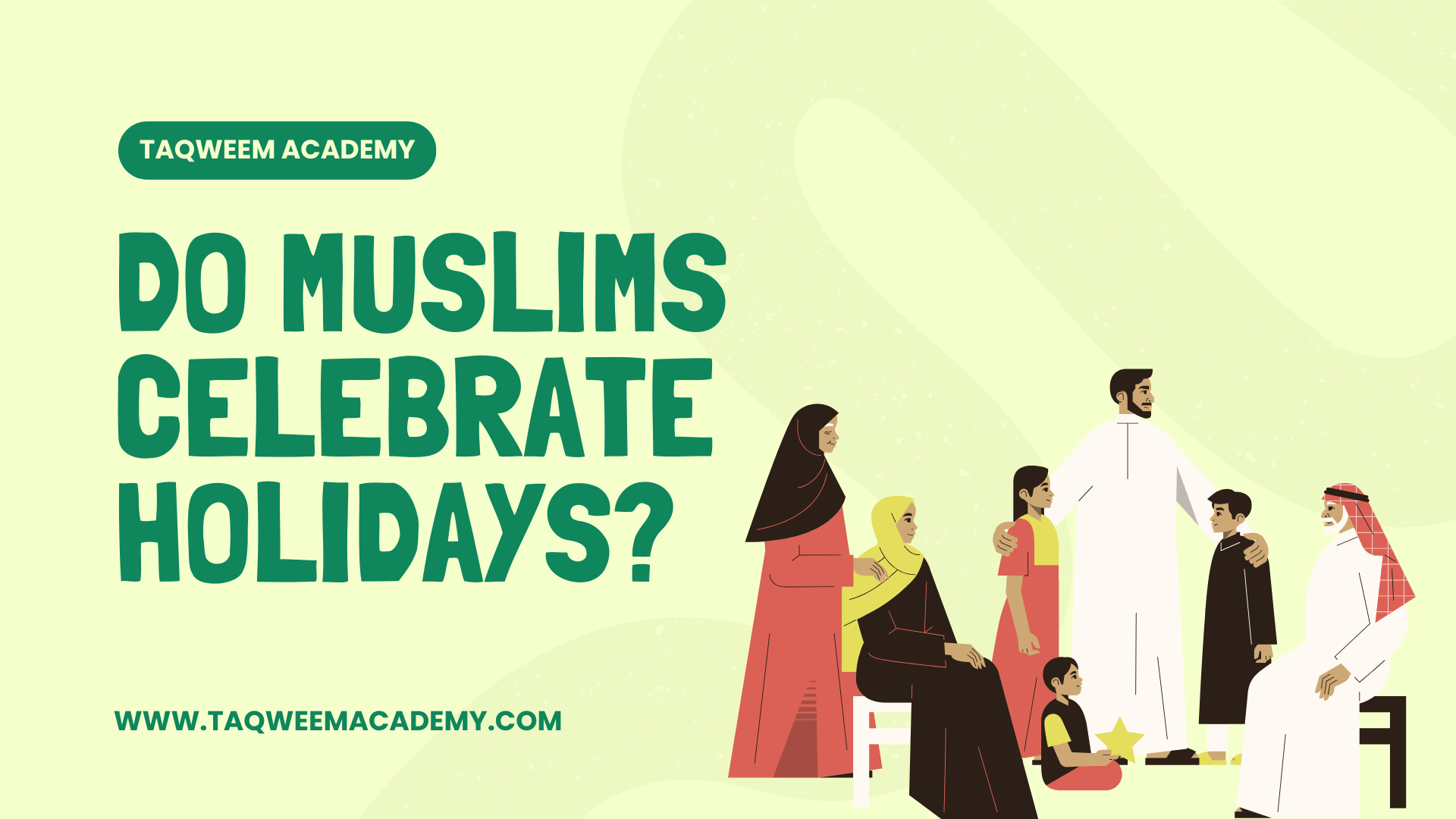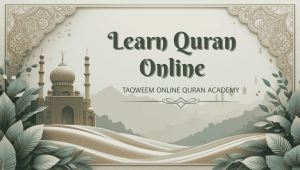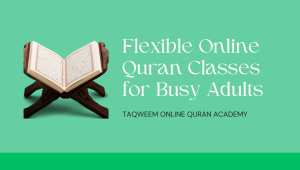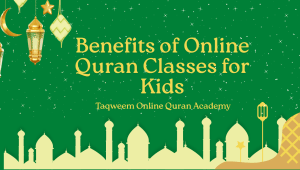Table of Contents
ToggleDo Muslims Celebrate Holidays?
There’s this one December night I still remember.
The sky outside was dusted with snow, the air smelled like cinnamon from the neighbor’s baking, and I—twelve years old—stood by our living room window, staring at their glowing Christmas tree.
We didn’t have one. We never did.
I remember turning to my mom and asking, “Why don’t we celebrate like everyone else?” She smiled, softly, then pulled me into her arms and whispered, “Because our joy comes from a different place, beta.”
And that’s really the heart of this question, isn’t it?
Do Muslims celebrate holidays?
The answer isn’t just a yes or no.
It’s a story. A struggle. A spiritual heartbeat.
Let’s walk through it together.
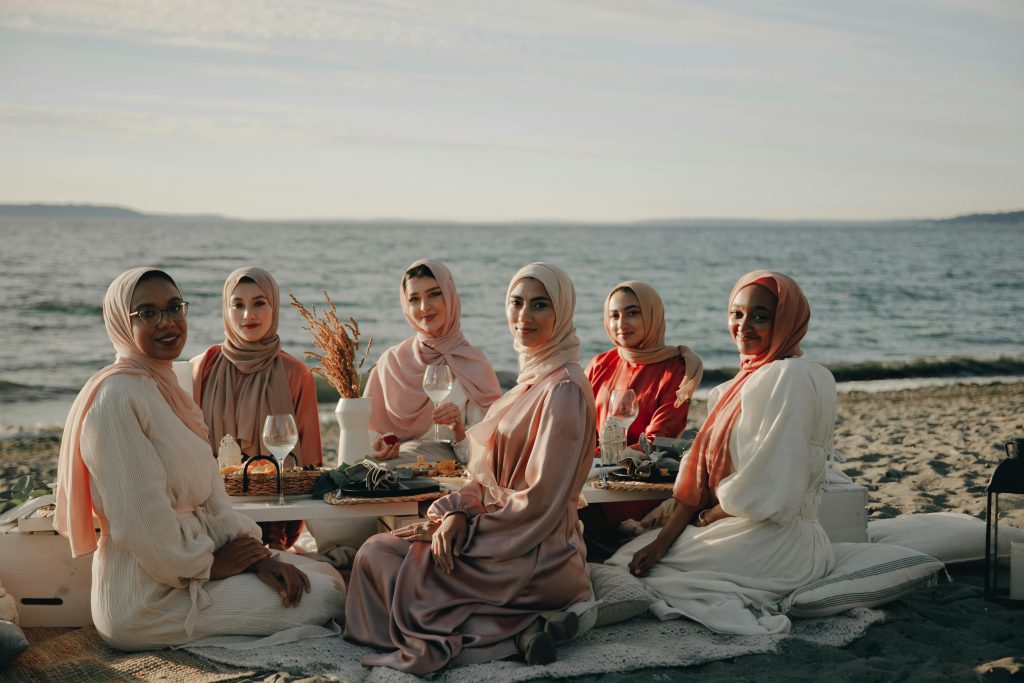
What Do Muslims Celebrate?
In Islam, celebration is sacred. It’s not random or seasonal. It flows from worship and meaning.
Eid al-Fitr – Joy After Struggle
After 30 days of fasting in Ramadan — of holding back your hunger, your words, your desires — Eid al-Fitr comes as a sunrise of mercy. The prayers that morning feel heavier. The food tastes better. The hugs last longer. It’s a celebration not of indulgence, but of inner victory.
Eid al-Adha – The Festival of Sacrifice
This Eid isn’t just about the meat. It’s about the story — of Prophet Ibrahim (A.S.), of trust, surrender, and love for Allah so deep it redefines loyalty. Muslims remember that test by sharing meat with the poor, by coming together in prayer, and by revisiting the meaning of sacrifice in our own lives.
These are not just holidays. They’re spiritual seasons. They mark something inside you.
But What About… Other Holidays?
Here’s where it gets personal. And sometimes painful.
If you’re a Muslim living in the West, you know the tension.
Your coworkers are doing Secret Santa. Your child’s school has a Halloween parade. You walk through Target in November and feel like an outsider in your own city.
So… do you join in?
Let’s gently explore.
Christmas: A Season of Light, But Not Ours
We respect Isa (A.S.). We love him. But we don’t believe he’s the son of God, and we don’t celebrate his birth as a religious festival. That doesn’t mean we’re cold. It means we draw boundaries with clarity and kindness.
Some Muslims say “Merry Christmas” to be polite. Others refrain. Some join in cultural aspects — lights, food, gatherings — but step away from anything that contradicts Tawheed (the oneness of Allah).
And that’s okay. Each Muslim family draws their own line with care.
Halloween: Cute Costumes or Compromise?
There’s something innocent in a child wanting to dress up as a superhero. But Halloween has roots in the occult, superstition, and things our deen advises against.
Some parents avoid it entirely. Others allow light-hearted, non-scary costumes — no haunted houses, no evil themes. And many just create alternatives: Eid carnivals, game nights, storytelling.
Again, it’s about intention. Not just imitation.
Thanksgiving: Harmless or Hollow?
This one sits in a gray space.
Is it about showing gratitude? Beautiful. Islam encourages that.
Is it about blind tradition, unexamined history, or forced cultural conformity? That’s where it gets tricky.
Many Muslims do gather with family, say alhamdulillah around the table, and enjoy the food — not as a ritual, but as a family moment. Others abstain to stay completely detached from non-Islamic customs.
There’s no shame in asking yourself: Why am I doing this?
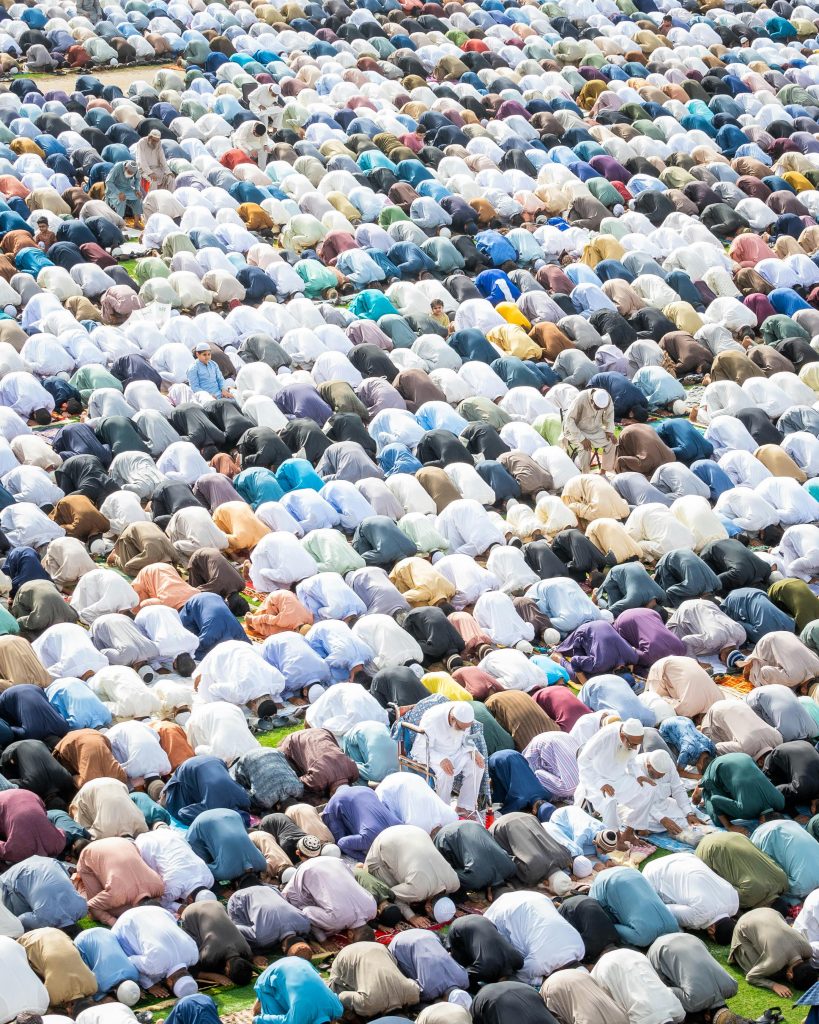
Birthdays: A Personal Choice
There’s no mention of birthdays in the Sunnah. Some scholars discourage it. Others allow it as a harmless acknowledgment of time, if done modestly.
But the truth? It depends on the heart behind it.
Are you celebrating life as a gift from Allah? Or is it becoming a show, a distraction, a need for validation?
There’s no fatwa for that. Just your gut. Your niyyah. Your spiritual compass.
The Struggle is Real (And Relatable)
Let me tell you about Yasir. He’s a Muslim dad in California. His daughter came home crying from school last December. “Everyone brought cupcakes. I was the only one who didn’t.” His heart broke. Not because he wished they celebrated Christmas — but because he didn’t want his daughter to feel excluded.
So, he started something beautiful.
Every year before Eid, they make treat bags for her classmates. He visits her classroom to talk about Eid. Her teacher now includes Eid in the class holiday calendar.
This is what it means to raise Muslim kids today — not with fear, but with creativity and conviction.
Clarity is Better Than Confusion
Islam doesn’t ask us to be anti-happiness. It asks us to tie our joy to truth.
We’re allowed to love celebration. To love gathering, gifting, smiling, dressing up. But our Prophet ﷺ gave us the blueprint — two Eids. Two festivals of the soul.
So, while others hang wreaths, we hang our lights for Ramadan.
While others gather for Halloween, we plan our Eid parties with meaning.
It’s not about saying no to fun. It’s about saying yes to purpose.
You Can Be Kind Without Compromise
You don’t have to be harsh to be firm. You don’t have to be rude to be real. Islam teaches balance — Wasat — the middle way.
You can smile and say “thank you” when offered a holiday cookie… and politely decline.
You can attend a dinner and still walk out with your faith intact.
You can teach your kids why we don’t — not with fear, but with beauty.
Because when you fill their world with Islamic joy… they won’t miss the rest.
FAQs: Do Muslims Celebrate Holidays?
What holidays do Muslims celebrate?
Muslims celebrate two major holidays: Eid al-Fitr and Eid al-Adha, both rooted in worship.
Do Muslims celebrate Christmas?
No. Muslims respect Prophet Isa (A.S.) but do not celebrate Christmas as it contradicts Islamic beliefs.
Can Muslims attend Christmas events?
It depends. Attending culturally, without religious participation, is tolerated by some — but intention matters.
Is Halloween allowed in Islam?
Mostly discouraged due to its pagan roots. Some families avoid it entirely, others adapt it.
What about Thanksgiving?
Some Muslims do participate with the intention of gratitude. Others avoid it due to historical and cultural concerns.
Are birthdays halal?
Debated. Some Muslims avoid them, others celebrate modestly as personal milestones.
Can Muslim kids feel left out?
Sometimes. But strong Islamic traditions at home can give them pride and joy that outshines cultural pressure.
How can Muslims balance living in the West?
With intention, awareness, and a heart connected to Allah. It’s not easy, but it’s possible — and beautiful.
Final Thoughts: Between Belonging and Belief
So… do Muslims celebrate holidays?
Yes. Just not all of them.
And not blindly.
We celebrate with our hearts in prayer. Our souls in remembrance. Our homes in light. Our families in connection. We celebrate differently — not less.
And if you’ve ever felt unsure, isolated, or torn between your roots and your reality — know this:
You’re not alone.
You’re walking a path many of us are still figuring out.
And in that very walk… there is worship.

